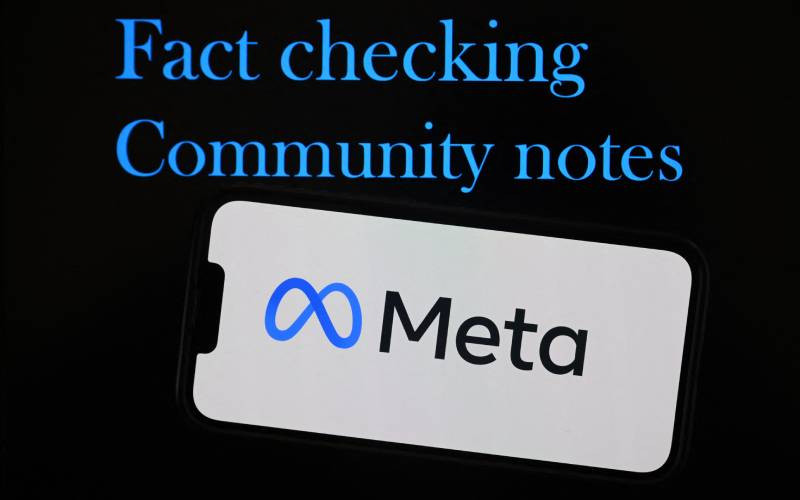
Becoming a parent comes with all sorts of questions and pressures. One of the most important decisions for new parents to make is how they are going to feed their baby - whether to breastfeed, bottle feed, or a mixture of the two.
Research has found that a lot of parents feel pressure to feed their babies in certain ways. This can happen during pregnancy as well as when the baby arrives and during infancy.
Researchers at Staffordshire University have carried out a number of studies on women's experience of breastfeeding. The benefits of breastfeeding are well known, and include health benefits for both the mother and baby. Our research has even found that breastfeeding can help women feel more appreciative and positive about their bodies. However, many women still feel pressure to stop.
Mothers can feel pressure about breastfeeding from people who are close to them, such as partners, friends, and other family members. Partners or other members of the family may want to feed the baby too, and mothers may worry about people feeling left out.
Parents should be able to make informed decisions about the way they choose to feed their babies. Ideally, they would not feel pressured to do things that they do not feel comfortable doing - such as stopping breastfeeding when they would rather carry on. There are several solutions that we feel can help people.Support from friends and family is important to help parents feel confident in their choices. Partners, in particular, can play an important role in championing and supporting mothers' breastfeeding choices.
Finding role models who have made similar choices can help normalise breastfeeding and provide a valuable source of support. These role models can be friends or can be found through online support groups such as Facebook groups, local parenting groups, and charities such as the Breastfeeding Network or Association of Breastfeeding Mothers and their helplines.
Education before the birth about what breastfeeding really looks like is really important, including its challenges - such as the difficulties babies may have in latching onto the breast and cluster feeding, when a baby may feed for hours at a time.
Research has shown that lack of understanding of these challenges is a significant reason given by women for stopping breastfeeding. Being empowered with knowledge can help parents feel confident in their choice to breastfeed, even when others might be questioning this choice. It can also help to know that there are many other ways to bond with a baby than through feeding. Partners can help in other ways: by bathing the baby, dressing them, and simply cuddling and caring for them.
- More young mothers adopt bottle-feeding to avoid 'sagging boobs'
- From new treatments to AI: advances in the fight against cancer
- Hope as more mothers deliver virus-free babies
Keep Reading
Other solutions must come from healthcare professionals. Parents should be provided with breastfeeding support, and mothers should be supported physically about issues such as breastfeeding positioning and latch. A lack of breastfeeding support during the pandemic was a key challenge for new mothers.
More generally, where it is in their power, venue managers and others in positions of authority must ensure mothers can breastfeed in public areas without fear of interruption or criticism.
Ultimately all parents need the support to make informed choices, and to feed their infants in line with these choices.
 The Standard Group Plc is a multi-media organization with investments in media platforms spanning newspaper print
operations, television, radio broadcasting, digital and online services. The Standard Group is recognized as a
leading multi-media house in Kenya with a key influence in matters of national and international interest.
The Standard Group Plc is a multi-media organization with investments in media platforms spanning newspaper print
operations, television, radio broadcasting, digital and online services. The Standard Group is recognized as a
leading multi-media house in Kenya with a key influence in matters of national and international interest.











